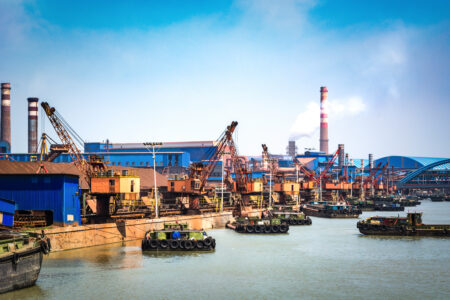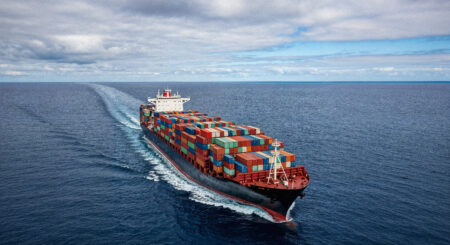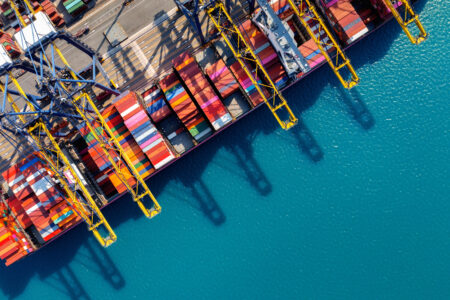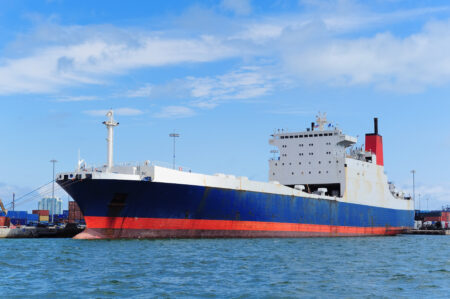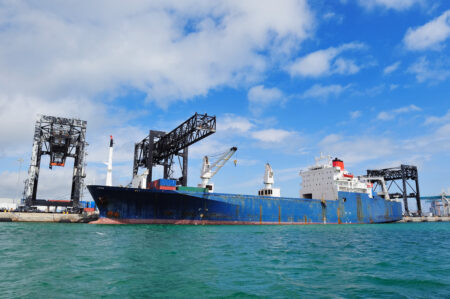Collision sparks major fire near Strait of Hormuz; 24 rescued. Experts probe the link to electronic interference alerts.
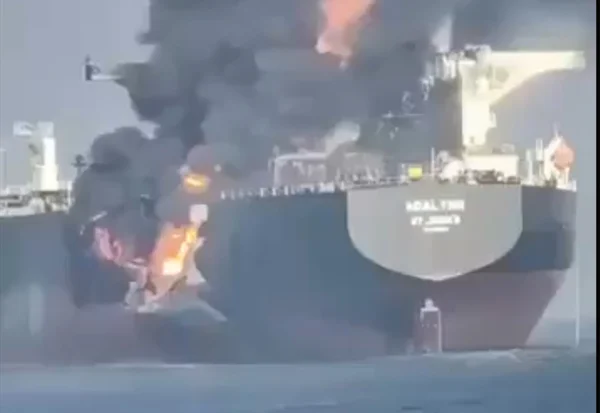
Two tankers collided in the early hours of Wednesday off the coast of Fujairah, near the Strait of Hormuz, triggering a massive fire and renewed concerns over navigational safety amid recent warnings of electronic interference in the region.
The incident involved the 300,000 dwt VLCC Front Eagle, managed by Anglo-Eastern, and the 165,000 dwt Adalynn, operated by Mumbai-based Oceanpack Ship Management. The Adalynn, flagged under Antigua and Barbuda, reportedly suffered extensive structural damage and caught fire. 24 crew members were rescued by the Emirati National Guard.
The Front Eagle, owned by Frontline, suffered a deck fire, which was swiftly contained. All crew on board the VLCC are reported safe. “We’re monitoring the situation closely and cooperating with all relevant authorities,” said Frontline in a statement.
The collision follows an alert issued just a day earlier by the UK Maritime Trade Operations (UKMTO), which warned of ongoing “electronic interference” affecting vessel navigation in the Arabian Gulf.
While British security firm Ambrey said the incident is not believed to be linked to ongoing regional hostilities between Iran and Israel, maritime experts caution that it’s too early to rule out electronic disruption as a contributing factor.
The Adalynn is under scrutiny for allegedly being part of the so-called “dark fleet”, previously flagged by the Ukrainian government for sanctions violations. Records show its ownership and management changed as recently as November 2024, now listed under Global Ship Holding c/o Oceanpack.
Authorities including the UAE Coast Guard and the Fujairah and Khor Fakkan Port Authorities are monitoring the aftermath and are expected to launch a full investigation into the causes of the collision.
Frontline has termed the crash a “navigational incident”, but with growing unease over electronic threats, the maritime industry is once again facing calls for tighter oversight and enhanced digital safeguards in critical shipping lanes like the Strait of Hormuz.
Source: Seatrade Maritime






